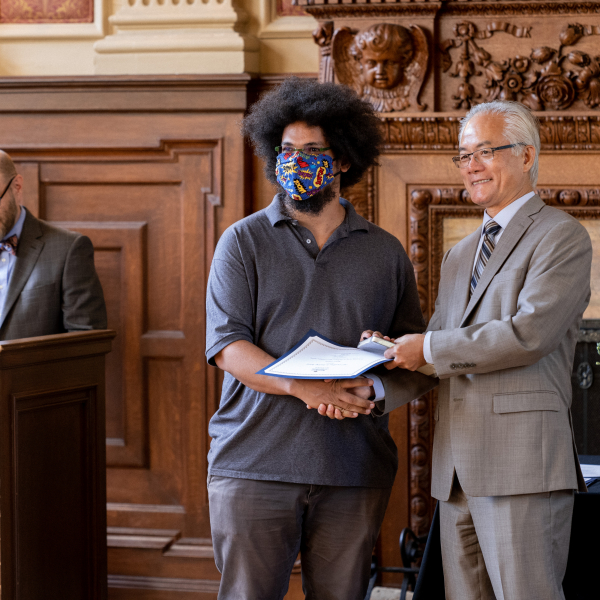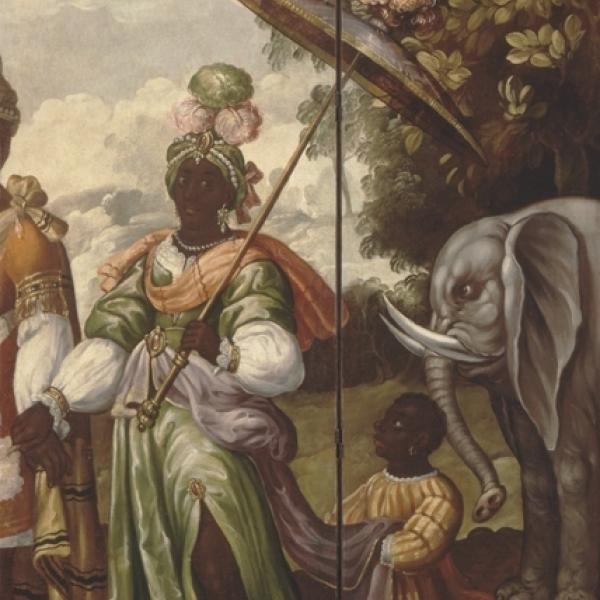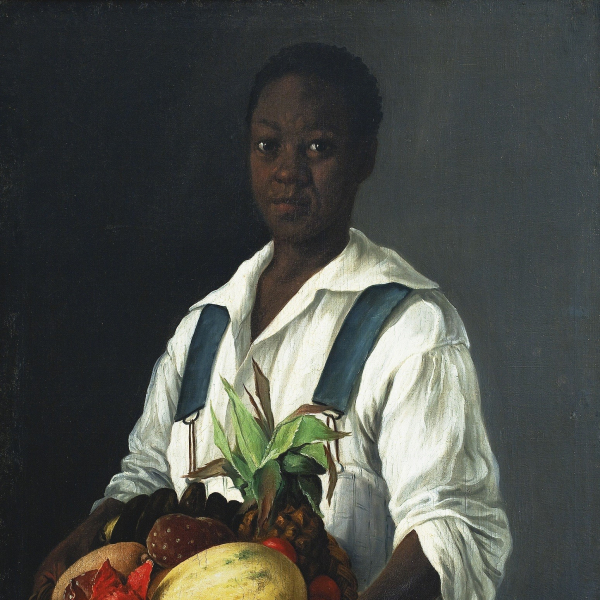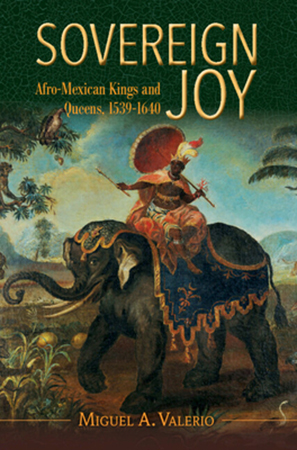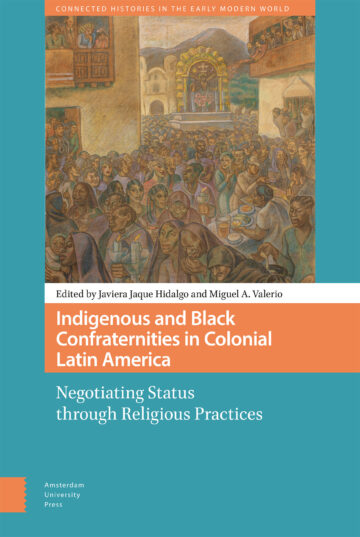Prof. Valerio is a scholar of the African diaspora in Latin America and the Iberian Peninsula. He teaches courses in Afro-colonial culture and contemporary Afro-Latin American literature and culture. His research has focused on black Catholic brotherhoods or confraternities and Afro-creole festive practices in colonial Latin America, especially Mexico and Brazil. His research has appeared in various academic journals, including Slavery and Abolition, Colonial Latin American Review, The Americas, and The Journal of Festive Studies. He is the author of Sovereign Joy: Afro-Mexican Kings and Queens, 1539-1640 (Cambridge University Press, 2022) and a co-editor of Indigenous and Black Confraternities in Colonial Latin America: Negotiating Status through Religious Practices (Amsterdam University Press, 2022).
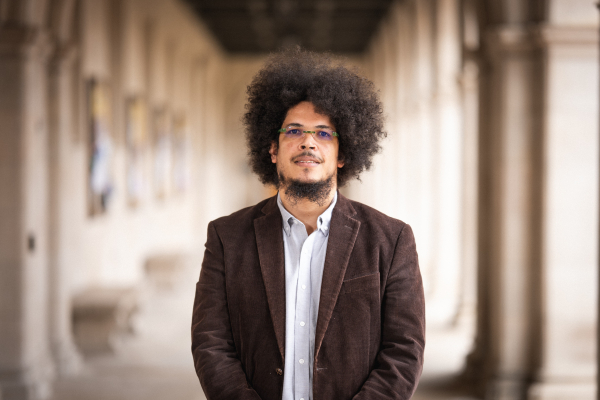
Miguel Valerio
Performing Arts (Affiliate)
contact info:
- Email: m.a.valerio@wustl.edu
- Office: Ridgley
mailing address:
- Washington University
- MSC 1077-146-310
- One Brookings Drive
- St. Louis, MO 63130-4899



